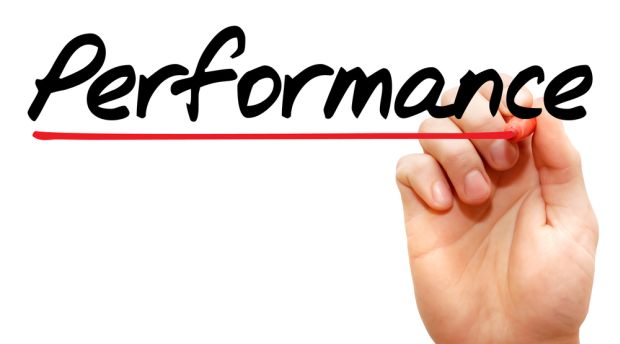How to Create a Performance-based Resume
Post Views 229Separate Yourself from the Masses and Hit the Top 3%
Your resume should not only show what you’ve done, but how well you’ve done it.
Assuming your resume has passed the 10-second test, I’m intrigued enough to read further and learn more about you. Most resume writers waste this wonderful opportunity to sell themselves and type up a boring list of job duties. While I am looking for a technical match for the job requirements, I’m also looking for people who are particularly good at what they do. I also need to understand scope, scale, and size of your responsibilities. Include results and achievements. Go beyond the job description.
For example, if your resume says:
ABC Video Company
2014 to Present
- Installed, tested, and sold video equipment to retailers (duties)
- Ordered and inventoried supplies (duties)
- Trained new technicians (duties)
… You missed a major opportunity.
Instead, consider:
ABC Video Company
Senior Field Technician
1999 to Present
- Installed and tested digital video equipment for 200 clients in 5 years (scope)
- Point-man for difficult client relations issues (responsibility and flavor)
- Generated $22 Million per year sales volume (achievement)
- 90% closure rate with targeted clients (measurable performance)
- Managed team of 9 technicians (scope)
Think like a boss
Think about how your boss measures your performance, and that should give you ideas on how to expand and color your resume with results measures.
Now, take it to the next level. Stretch your mind into this:
If you were the hiring manager for the position you are applying for, what kind of information is important to you?
A Sales Manager wants to know:
- What are your closure rates?
- How well did you perform against quota?
- What was the size of your territory?
- How well did you develop that territory?
An Engineering Manager wants to know more than the technologies you’re familiar with. He wants to know:
- How large were your projects?
- How successful were your projects?
- Did you deliver the products on time and under budget?
If you owned a retail store and were hiring for your busy season, you would want to know:
- Attendance record
- Successes history with cranky customers
- Anything else?
The Strongest Resumes
The strongest resumes out there are crossing the line from a banal list of job duties and are offering the reader what they really want to know. Try it, but don’t go overboard. Respect the reader, and keep it brief, but targeted to the specific hiring manager.
Look back into your old performance reviews to refresh your memory on all the projects you worked on and the results you achieved. Work that stuff into your resume if it supports your objective. Trim out or minimize the stuff that does not directly support your objective.
Once you learn to think from the reader’s perspective, you will step across from the blah 97% to the top 3%.
And you’ll get the call from someone like me.
See the following articles for more information:
How to Create a Performance-based Resume by Granted Contributor



 How to Adjust Your Resume to Show You Are the Perfect Fit
How to Adjust Your Resume to Show You Are the Perfect Fit  How Can I Write a Resume When I Have Nothing to Put on It?
How Can I Write a Resume When I Have Nothing to Put on It?  Why You Need a Resume
Why You Need a Resume  6 Simple Ways to Fill Resume Gaps
6 Simple Ways to Fill Resume Gaps  Build a Cover Letter Fit for the Job
Build a Cover Letter Fit for the Job  Top 5 Cover Letter Tips
Top 5 Cover Letter Tips  Resume vs. LinkedIn: Don’t Treat Them the Same
Resume vs. LinkedIn: Don’t Treat Them the Same  How to Add Accomplishments to Your Resume
How to Add Accomplishments to Your Resume